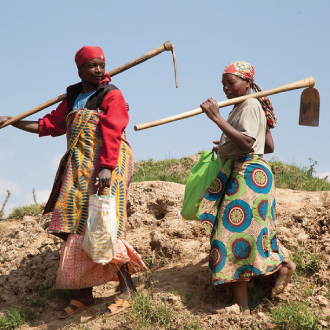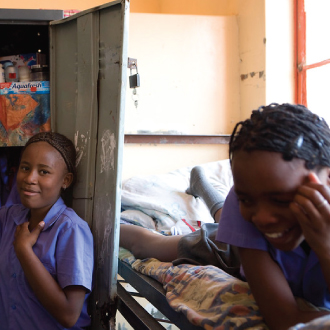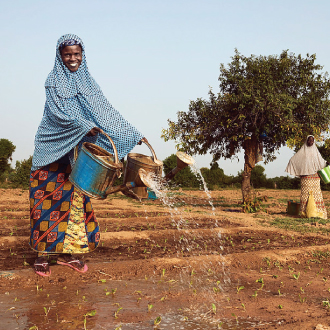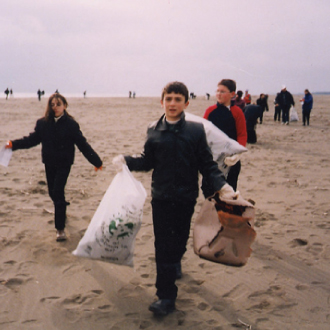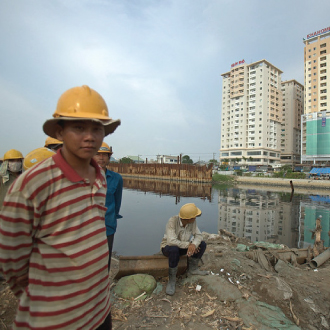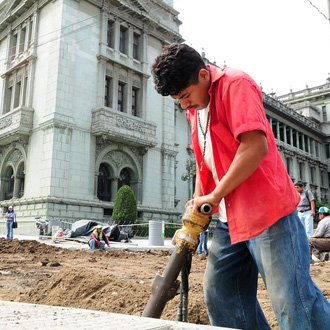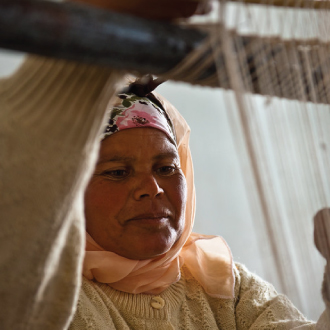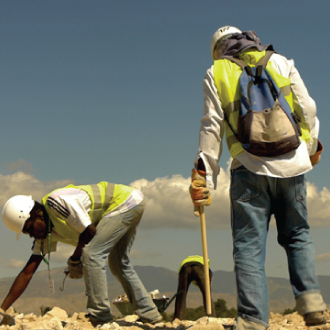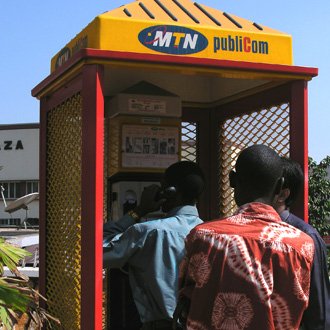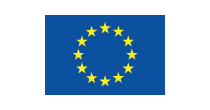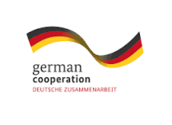Overview
The Global Knowledge Partnership on Migration and Development (KNOMAD) is a global hub of knowledge and policy expertise on migration and development issues.

KNOMAD, the Global Knowledge Partnership on Migration and Development, is a brain trust for the global migration community. It is an open, inclusive, multidisciplinary knowledge partnership that draws on experts to create and synthesize knowledge for use by policy makers in sending, receiving and transit countries.
KNOMAD aims to generate a menu of policy choices, based on analytical evidence, evaluation of policies, data collection, and quality control through peer-review. It provides technical assistance and undertakes pilot projects. KNOMAD works in close coordination with the Global Forum on Migration and Development (GFMD) and the U.N. agencies working on migration.
The World Bank has established a multi-donor trust fund to implement KNOMAD. The Swiss Agency for Development and Cooperation (SDC) and the Federal Ministry of Economic Cooperation and Development (BMZ) were the largest contributors to the trust fund in the first phase. KNOMAD is led by Pablo A. Acosta. The secretariat is housed in the World Bank in Washington DC. KNOMAD Advisory Committee provides strategic vision and direction for the KNOMAD and makes recommendations on the work program. It is chaired by a member of the World Bank Group’s Senior Management, and includes high level representatives of the donors to the trust fund, the ex officio current chair of the GFMD, the ex officio past chair and the ex officio upcoming chair of the GFMD, the ex officio chair of the GMG, and a representative from civil society.
During its first phase (2013–18), KNOMAD advocated successfully to have goals related to migration included among the Sustainable Development Goals. Other noteworthy outputs of KNOMAD include improvements to the UN World Population projections; incubation of the Mayoral Forum on Human Mobility, Migration, and Development for local governments; and creation of a network of more than 500 migration experts.
The next phase of KNOMAD (2018-2023) has now commenced with contributions from the European Commission and the Swiss Agency for Development and Cooperation (SDC).
Knomad Secretariat
The World Bank hosts the KNOMAD Secretariat at its headquarters in Washington DC.
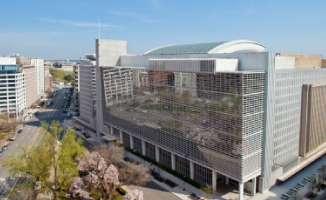
The KNOMAD Secretariat supports the implementation of the KNOMAD initiative. The World Bank hosts the KNOMAD Secretariat at its headquarters in Washington, DC. KNOMAD is headed by Pablo A. Acosta
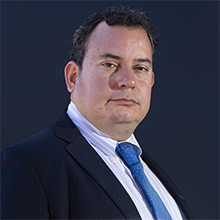
Head of KNOMAD
Social protection, labor policy, migration and skills development
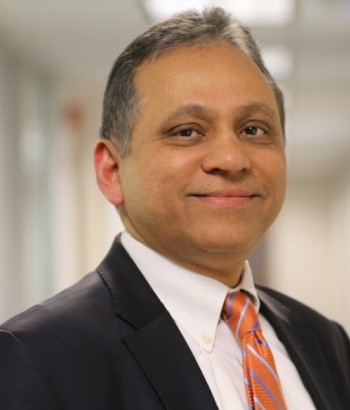
Chair of Remittances and Diaspora Thematic Working Group
Remittances and innovative financing, migration, diaspora bonds, and future-flow securitization
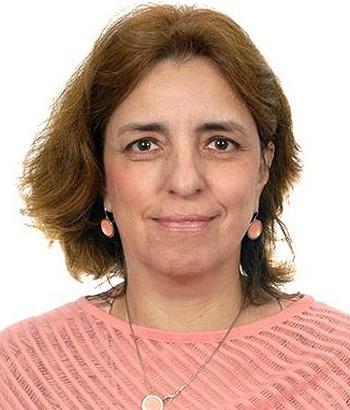
Policy and Institutional Coherence
Mobilizing Diaspora Resources as Agents of Social and Economic Change
Latin America

Europe and Central Asia
Latin American and Caribbean
Special Issues
Key Offerings
- Data and Analytics
- Research for Solutions
- Migration Diagnostics
- Technical Assistance
- Program Evaluation
- Capacity Building
- Pilot Operations
Impacts
Thematic Working Groups
Outputs
Partnerships
- Governments in Sending and Receiving Countries
- International Organizations
- Civil Society/Migrant Associations
- Research Institutions
- Academia
- Private Sector
Donors
KNOMAD is established and supported by the World Bank with key contributions from the Swiss Agency for Development and Cooperation, the Federal Ministry of Economic Cooperation and Development, and the European Commission.
KNOMAD Network
KNOMAD draws on existing knowledge networks, international organizations, think tanks, research centers, and universities (including those from the South), and civil society.

Over 400 experts have participated in KNOMAD knowledge activities as authors, subject matter experts in workshops, or speakers in seminars and conferences. These experts belong to different disciplines and a variety of institutions across the world: academics, officials, policy makers, business leaders, community based organizations, and international organizations including the United Nations.



